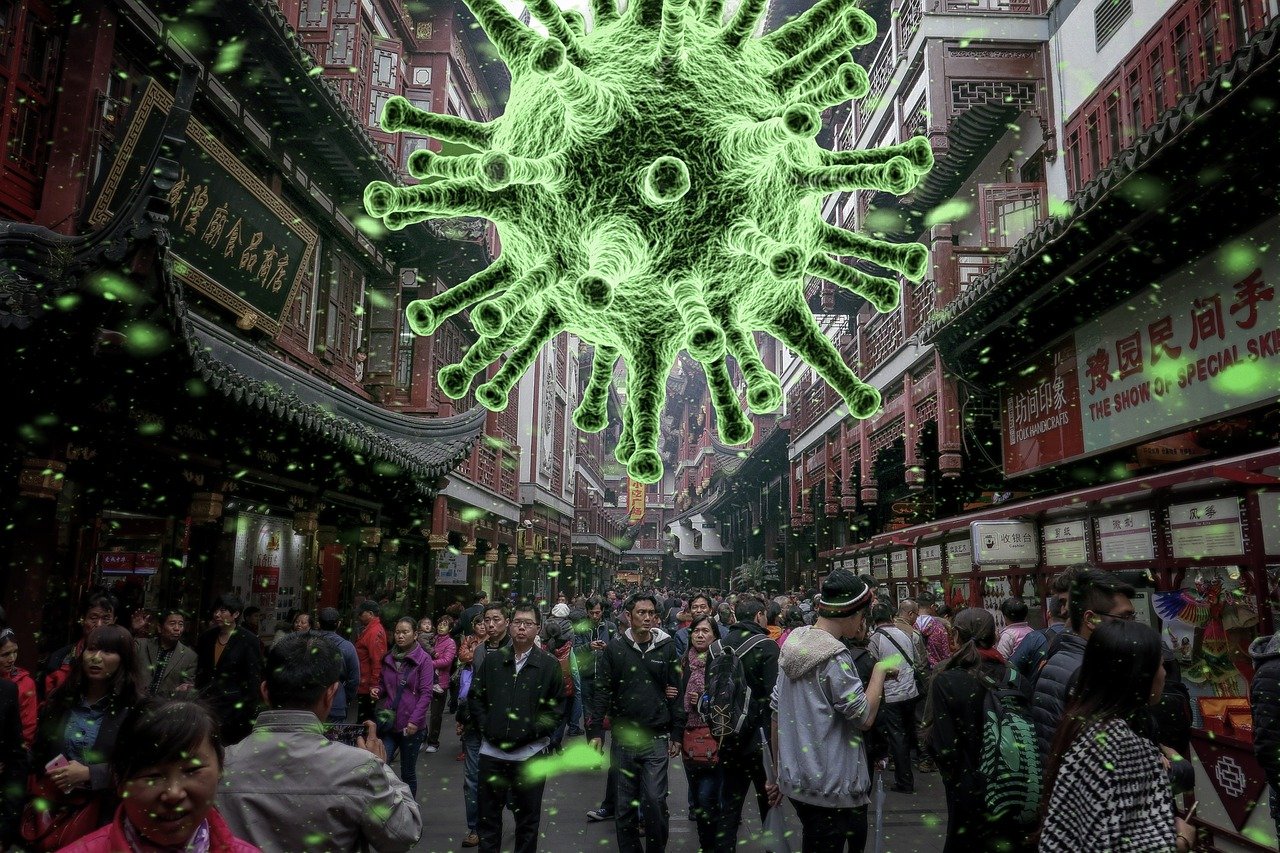
A study has discovered that immunity to coronavirus may linger for at least five months and may even last longer than that.
According to the researchers, there is more than one wave of infection control in the human body and that 90% of people who recover from coronavirus infections develop a stable overall immunity.
Contrary to some reports
Leader researcher Florian Krammer, a professor of vaccinology at the Icahn School of Medicine at Mount Sinai, said: "While some reports have come out saying antibodies to this virus go away quickly, we have found just the opposite -- that more than 90% of people who were mildly or moderately ill produce an antibody response strong enough to neutralize the virus, and the response is maintained for many months."
"This is essential for effective vaccine development," Krammer argued.
In response to an infection, human bodies produce an army of immune compounds, with some overwhelming at first but dies off quickly, while others develop more slowly.
The researchers pointed out that measurements indicating a decreasing antibody response in the first months after infection might be measuring this first wave while a second wave of antibodies are being built up in the background.
The study, published in the journal Science, involved examining the antibody responses of over 30,000 people who tested positive for Covid-19 at Mount Sinai's Health System between March and October and the researchers classified them as low, moderate or high based on their antibody responses.
Study results
Results showed that more than 90% had moderate to high levels, or titers, of antibodies to the spike protein of the virus, the structure it uses to grapple the cells it infects.
The researchers found that while there was a drop-off in some antibodies five months later, others persisted.
Dr. Ania Wajnberg, director of Clinical Antibody Testing at the Mount Sinai Hospital, explained: "The serum antibody titer we measured in individuals initially were likely produced by plasmablasts, cells that act as first responders to an invading virus and come together to produce initial bouts of antibodies whose strength soon wanes."
"The sustained antibody levels that we subsequently observed are likely produced by long-lived plasma cells in the bone marrow. This is similar to what we see in other viruses and likely means they are here to stay. We will continue to follow this group over time to see if these levels remain stable as we suspect and hope they will," Dr. Wajnberg continued.
The researchers wrote: "Although this cannot provide conclusive evidence that these antibody responses protect from reinfection, we believe it is very likely that they will decrease the odds ratio of reinfection."
Coronaviruses are considered in between viruses that leaves people with permanent immunity, such as measles and small pox, and respiratory viruses such as influenza, which can be contracted over and over again.
"We know from work with common human coronaviruses that neutralizing antibodies are induced, and these antibodies can last for years and provide protection from reinfection or attenuate disease, even if individuals get reinfected," they added.
The researchers said: "It is still unclear if infection with SARS-CoV-2 in humans protects from reinfection and for how long."






